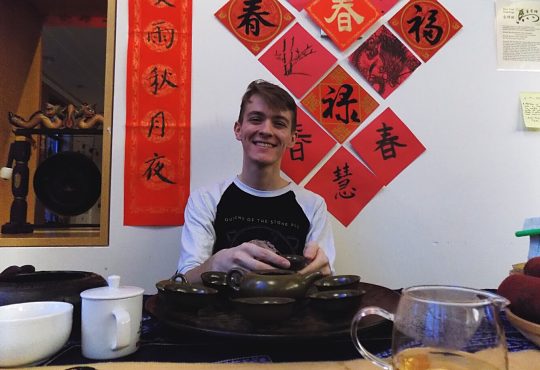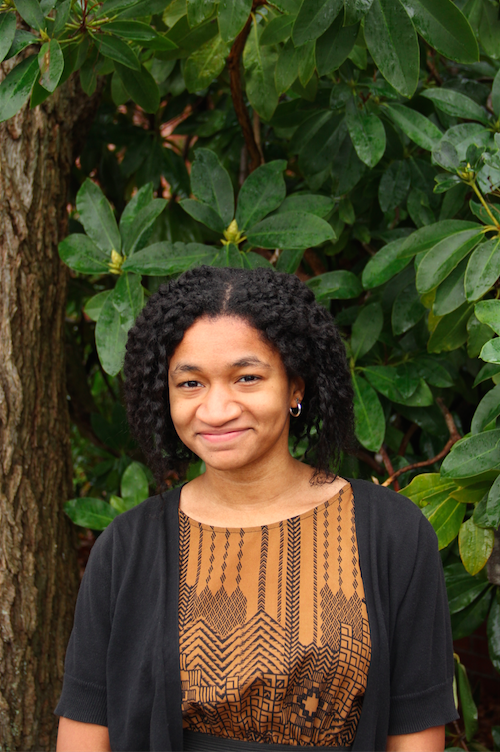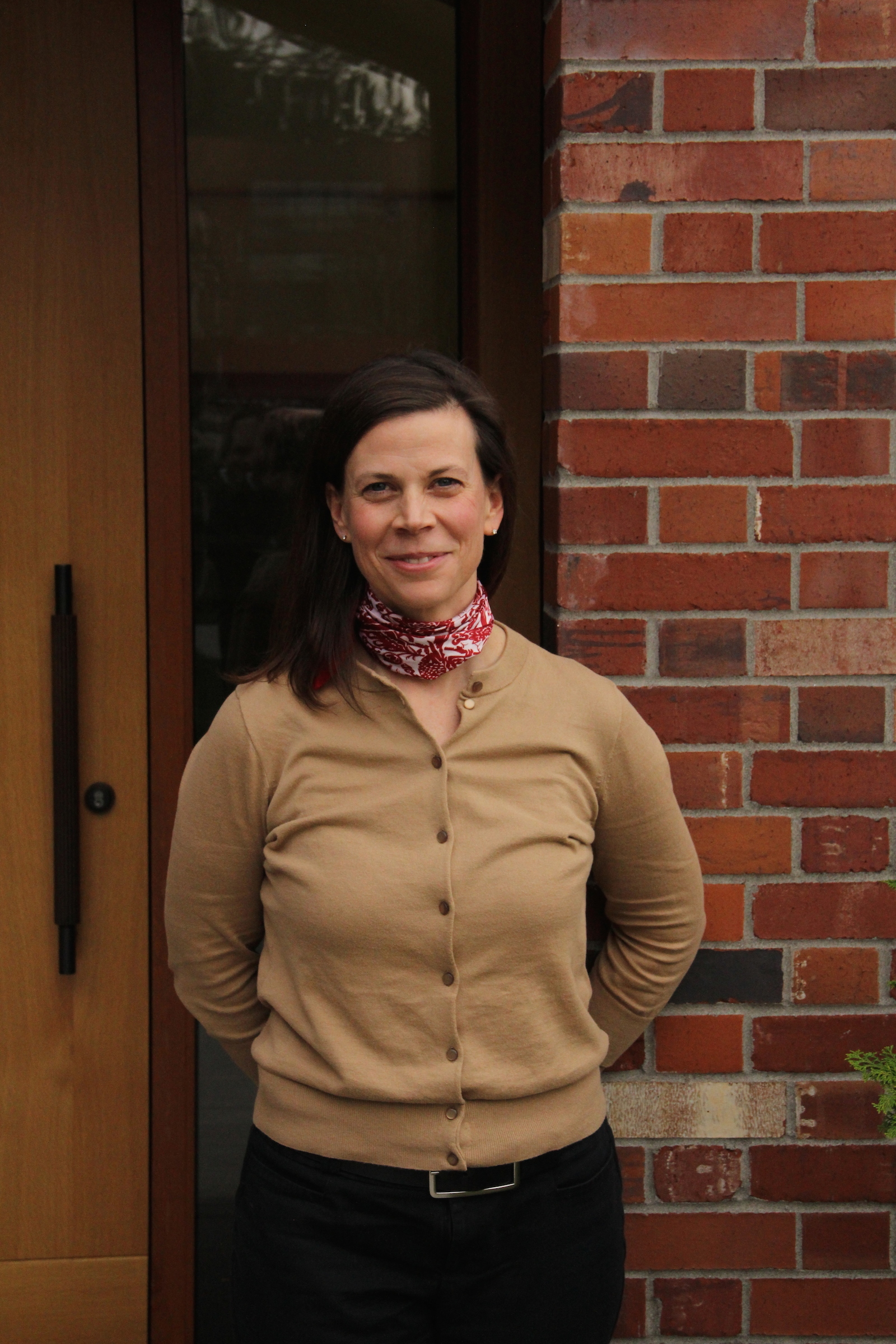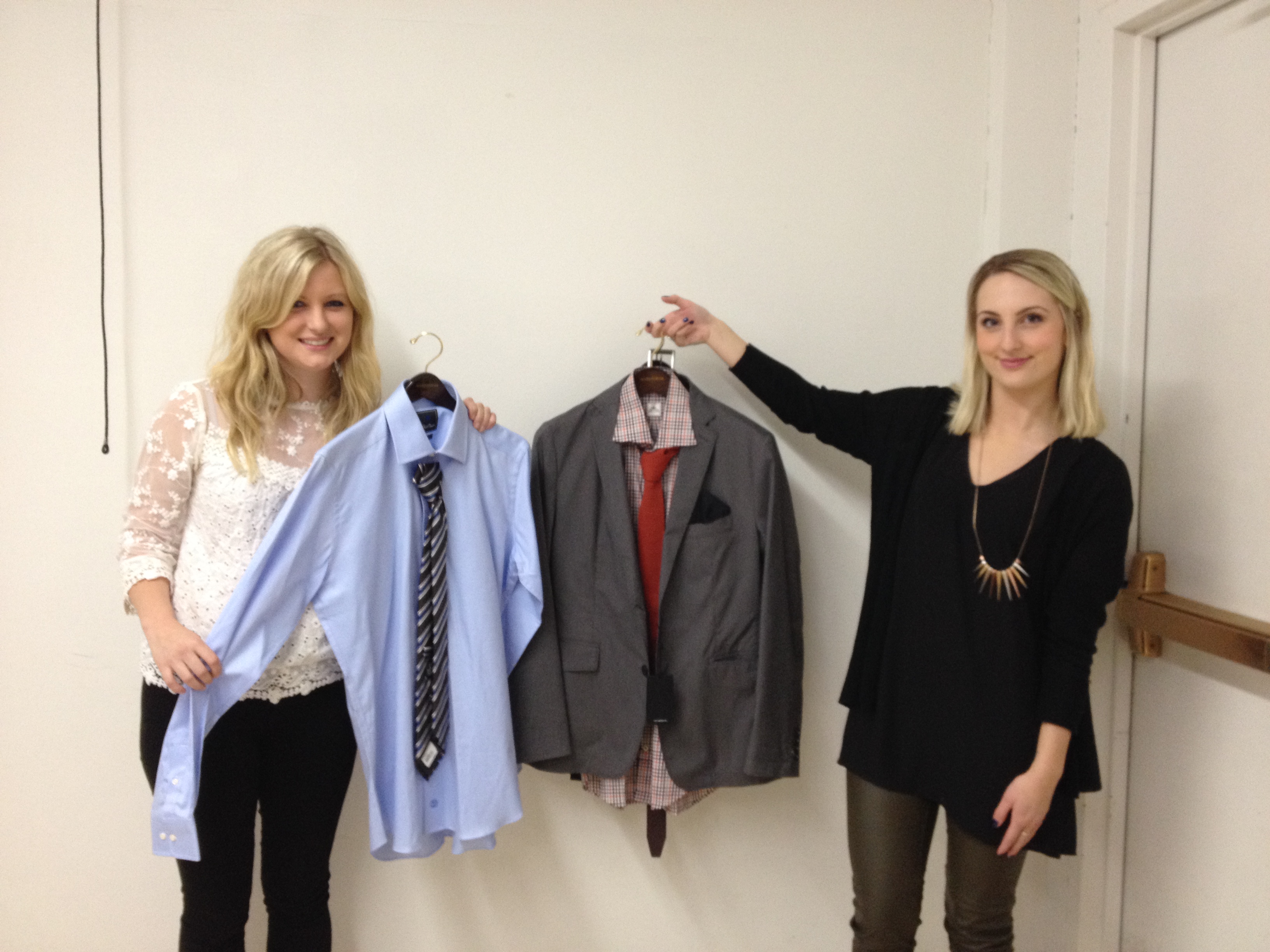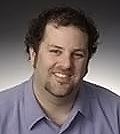
For this entry in the Professor Spotlight series, I spoke with Professor Seth Weinberger of the Politics and Government department about his personal history, hobbies and what he loves about teaching.
Q: Where are you from originally?
A: I grew up in Michigan, but I have lived in Chicago, D.C. and North Carolina.
Q: How long have you been at Puget Sound?
A: This is my eighth year.
Q: What drew you here?
A: The short answer is because I got a job, but it’s a little bit more then that. I came here because I wanted be at a liberal arts school.
I wanted to live in a place that was beautiful, at the best job and natural surroundings. It was a pretty easy decision to come here.
Q: How did you come to focus your life’s work on Politics and Government?
A: I have always been interested in the military affairs and foreign policy, I don’t quite know why?
I have a pretty wide range of interest but that has always been the one I am most interested in.
In some degree it’s because thinking about policy and war gets at some of the most important issues that need to be addressed in society.
I am also interested in and teach political philosophy; ultimately the reasons states go to war are typically because they disagree about questions of justice, allocations, human rights and natural law.
It’s a sort of morbidly fascinating to look at why people do these things and it’s really important.
War has the potential to reshape the course of human history.
Q: Was there ever a plan B?
A: My father is a professor and so I always thought I wanted to be a professor, but I wanted to make sure it was what I really wanted, so after my first graduated degree at Georgetown, I spent a few years as a Defense Analyst for the military.
I liked the work, but it made me realize that I really did want to be a professor.
Q: This semester you’re teaching Intro to International Relations as well as two higher level courses focusing on Political Philosophy and Global Security.
What is it like seeing students at the very beginning of the process of learning about international relations, and then others knee deep?
A: One of the nice things about being here, as apposed to a bigger school, is I have kids four, five, even six semesters.
Now that’s not always a good thing for a student to have most of their higher level international relations classes with one professor, but it does allows me to make connections with what I know the students have already learned.
It’s really nice to meet kids as freshmen and watch them develop as students, mature as individuals and find what they’re interested in.
Q: What is your favorite class to teach?
A: I honestly love all my classes, my favorite to teach is Political Philosophy because it fuses my two academic loves.
It always turns out to be a great class, lots of interesting discussions, but really I love sitting around with students thinking about big ideas and watching their opinions change over the course of the semester.
The other course I love is Constitutional Law of Foreign Policy.
That course is really fun because it comes out of my own research.
We look at the assignation of American citizens in the War on Terror, treaty law, detention policies, all kinds of things that people don’t traditionally think about when they think about the Constitution.
Q: What’s the most entertaining thing a student has done or said in your class?
A: Apparently I scare students, so I don’t think they do too much stuff in my class.
Once I did throw everybody out of class for not doing the reading.
It was clear after a few minutes they weren’t able to answer any of my questions so I just kicked them out of class and told them we’d talk about the reading next time.
Q: Biggest pet peeve/frustration in the classroom?
A: Along the same lines, I get frustrated when students don’t take the opportunities we offer to them.
A lot of students take their education for granted; they don’t realize how awesome it is to have people at your beck and call to teach you the stuff they’ve been studying for years.
No one has ever looked back on college and said, “Man, I wish I had done that faster,” or “I wish I had paid less attention.”
Everybody graduates and has regrets about not getting all of what they wanted out of college.
Q: What do you do with your time outside of campus?
A: I read a lot. I believe that everything makes me a better political scientist, so I read as much as possible.
I am a huge music buff. I love food, cooking and eating.
In the outdoors, I do a lot of backpacking, hiking and spending a lot of time with my three dogs.
Q: Favorite type of music to listen right now?
A: I was just listening to Sonic Youth. I listen to everything.
The only things I don’t listen to … Well, most rap, except for a very narrow area in the late 1980s/early 1990s; jazz-influenced rap, groups like Tribe Called Quest, De La Soul. I don’t listen to top 40.
I listen to a lot of jazz and blues, country, indie, classical, everything.
Q: What’s one thing that you don’t think many or most of your students know about you?
A: Most people assume they understand my politics and they don’t.
In terms of international politics, I think most people think I am a realist, and people assume that I am on the right wing of the spectrum and I’m not.
Q: As a P&G professor, what is one aspect of government that you wished students, and the greater community paid more attention to?
A: I think the complexity of decision making.
Politics have become a name-calling exercise and that’s not good for democracy.
We tend to think there are easy answers to things; that you can achieve one policy goal without damaging others.
I wish people would be more aware of the complexity of the trade offs, i.e. how complicated the job of defending the country, promoting American interests, democracy and human rights and doing all those things that our country wants to do.
Those are really hard things to do and we do the best we can.
I try to teach that decision making—how hard it really is to make this kind of decisions.
Q: If given the opportunity to be a fly on the wall at any point in history/any where in the world during a particularly potent moment, where and when would you wish to go?
A: Professionally, I would say at the Munich Agreement in 1938 with Hitler and Chamberlin.
It is so easy to revile Chamberlin and say he was an idiot, and while I tend to agree, ultimately he was trying to avoid World War II.
I would love to hear Hitler’s argument and listen the discussion that went on between them.
Personally, it would be the Watkins Glen concert in 1973.
It was the largest concert of all time; it was The Allman Brothers, The Band and the Grateful Dead, three of my favorite bands at the prime of their awesomeness.
To see all of those bands would have been mind blowing.
PHOTO COURTESY/PUGETSOUND.EDU


